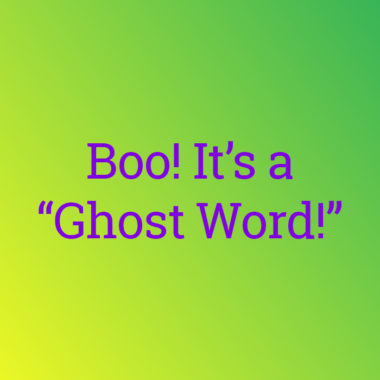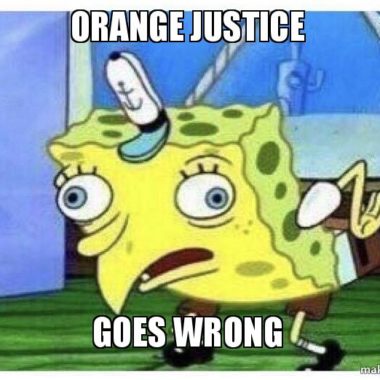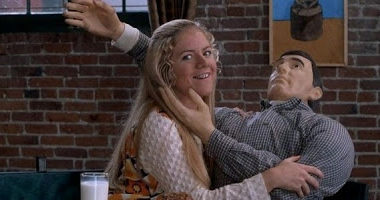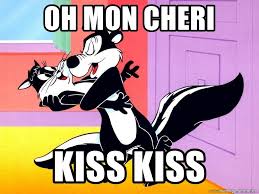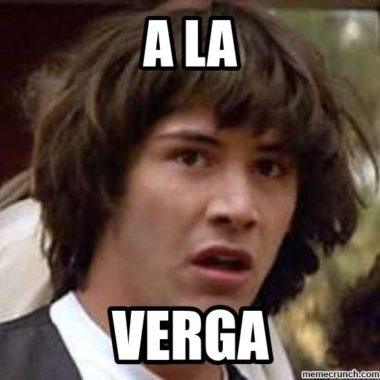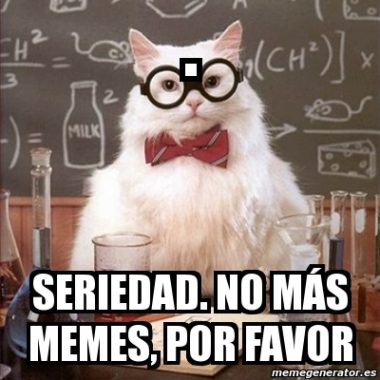Archives
-
ridin’ shotty
The expression riding shotty is another way of saying riding shotgun, or sitting in the passenger seat in a car up front next to the driver. -
CBH
CBH is an acronym for child-bearing hips, a reference to wide hips that are said to be good for bearing children. CBH can also stand for corned beef hash, various medical conditions, and the Australian grain… -
Idol Challenge
The Idol Challenge is a viral dance trend where participants post videos of themselves recreating the choreography of the song "IDOL" by K-pop stars BTS. Make sure to use the hashtag "#IDOLCHALLENGE." -
Orange Justice
No definition but to express yourself in the battle field. We've heard it's also a great exercise move ... -
boi
Boi is an alternate spelling of boy used to describe boys, yes, but also men, girls, women, and things that aren’t even human ... -
No Pants Day
No Pants Day is an unofficial annual holiday (first Friday in May) where people pull down their pants and walk around in their underwear. Celebrated worldwide, No Pants Subway Ride (variously observed in early January)… -
verga
When does a word for penis not just mean "penis"? When it's the Spanish word verga. Verga can mean "penis," but also "rod," "fuck," "hell," and just about any vulgarity, it seems. This is a word we…
